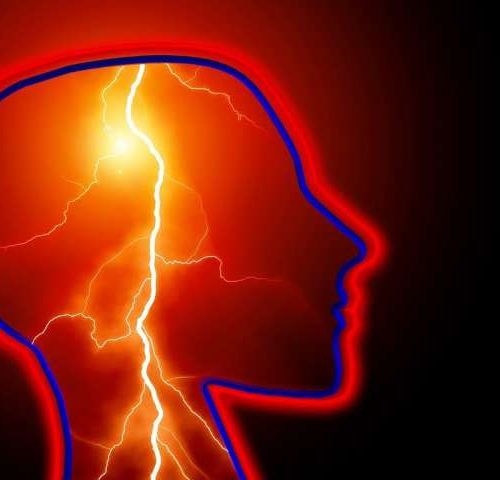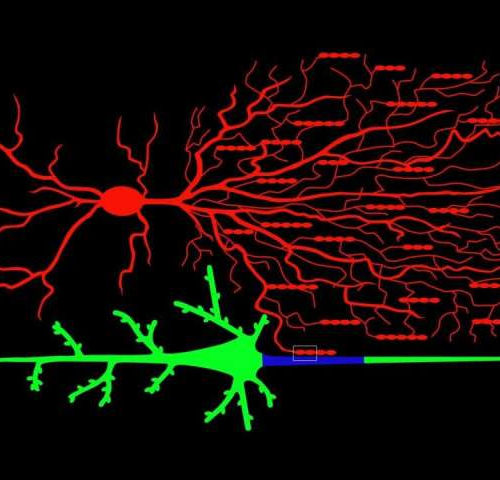Results Lay Groundwork for New, More Targeted Immune Therapies. New UC San Francisco research sheds light on how immune system B cells that infiltrate the central nervous system may drive multiple sclerosis (MS), pointing the way to a new generation of targeted immune therapies to halt the progression of the disease. MS is a common...
Tag: <span>Neurosciences</span>
Antidepressant does not improve post-stroke recovery
by Karolinska Institutet The antidepressant fluoxetine has been suggested as a means to improve brain recovery after acute stroke. However, a large randomized study on stroke patients at 35 Swedish hospitals shows that the drug has no such effect. The study, which was led by researchers at Karolinska Institutet, is published in The Lancet Neurology....
Disrupted circadian rhythms linked to later Parkinson’s diagnoses
Researchers probe brain’s 24-hour biological clock for neurodegenerative risks UNIVERSITY OF CALIFORNIA – SAN FRANCISCO Older men who have a weak or irregular circadian rhythm guiding their daily cycles of rest and activity are more likely to later develop Parkinson’s disease, according to a new study by scientists at the UC San Francisco Weill Institute...
How chandelier cells light up the brain
by Jennifer Michalowski, Cold Spring Harbor Laboratory Illustration of a chandelier cell (on top in red) connecting to a pyramidal neuron (in green on the bottom) on its axonal initial segment (in blue). Credit: CSHL Within the intricate network of cells that make up the brain, chandelier cells stand out for their elaborate, branching structure....
Long-term benefits from intensive therapy in early stages of MS
New findings by researchers at Cardiff University suggest that intensive therapy during the early stages of multiple sclerosis (MS) leads to better long-term outcomes for patients, despite it often being viewed as a riskier option than other first line treatments. Dr Emma Tallantyre, from Cardiff University’s Division of Psychological Medicine and Clinical Neurosciences, said: “Over the last 10-20 years we have seen huge...


